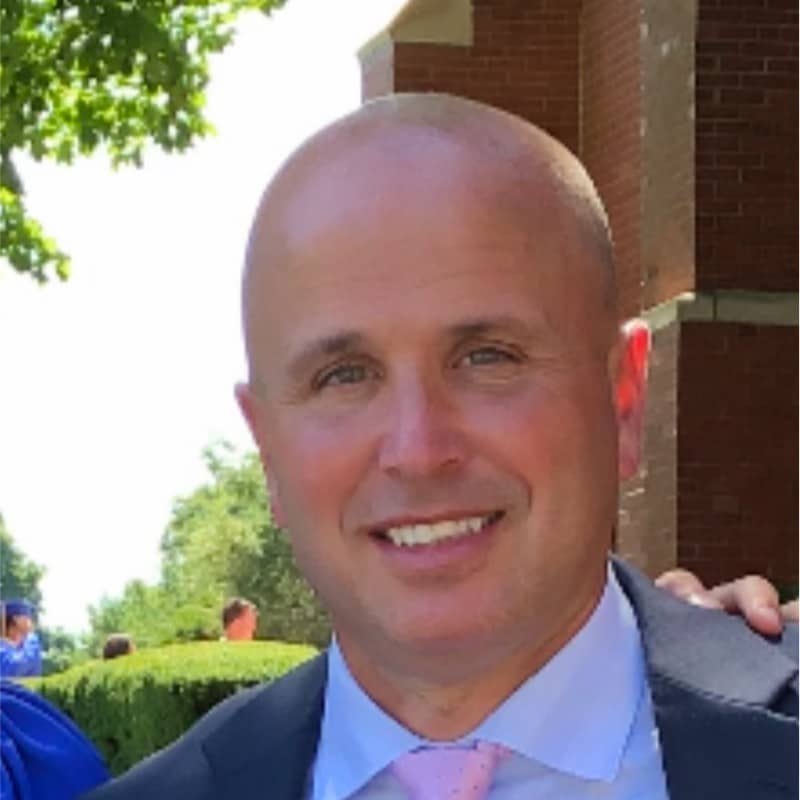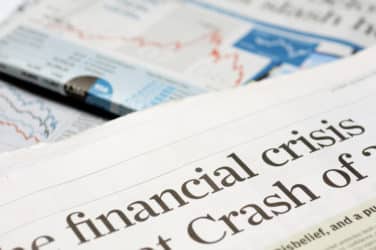
Boston Securities Traders Association remained busy amid the pandemic – no surprise considering it is the largest member affiliate of the Security Traders Association, an international organization representing over 5,000 traders throughout the U.S., Canada and Europe.
Formed in 1936 with approximately 100 members at inception, the BSTA membership presently totals nearly 500 strong and grows yearly.
“Our goal is to provide a platform to educate our membership on issues affecting the market, provide a forum for networking, career development, and also get involved with local charities,” commented Patrick Fagan, President of BSTA.

Fagan believes that BSTA is unique because it has a heavy buy-side presence: “We’re home to some of the largest asset managers.”
“We put out an annual survey for the buy-side and sell-side that has amazing participation. And we always like to take feedback from membership.”
This kind of dialogue combined with industry-focused panels and networking events gives these buy-side firms ample opportunity to share what they are observing. Some of the challenges that buy-side firms continue to face include accessing natural liquidity, utilizing sell-side capital and distinguishing good liquidity from bad liquidity, according to Fagan.
“I don’t think there’s a one size fits all solution for the buy side, obviously it depends on your size. But I think now more than ever, the buy side is trying to really partner up with their coverage,” Fagan told Traders Magazine.
Fagan said that during the Covid pandemic the biggest challenge was to “stay connected with membership.”
“It’s hard when you’re not running into people in town or events. The biggest challenge is staying connected as much as possible with members and trying to get new members, and trying to keep the sponsors engaged,” he said.
Because of the Covid pandemic, BSTA didn’t have any in-person events last year. “All our events were virtual. We always try to provide our membership with topical events around market structure. And we’ve been lucky to have a lot of senior thought leaders from the buy-side and the sell-side willing to join our panels,” Fagan said.
“We also try to mix it up a little bit and bring in people to share their personal stories. In the beginning of the pandemic, we brought in a Navy SEAL to join one of our events to discuss leadership and resiliency. We also had a very successful hedge fund manager share her experience of starting and running a hedge fund,” he said.
The virtual events were very well attended, Fagan said, adding that as things started to improve, people were ready for the in-person educational events.
This year, BSTA took advantage of the record participation at its annual golf outing and hosted an educational event in the morning, according to Fagan.
“People were really looking forward to getting back to in-person, so we had our best attendance in years for this educational event,” he said.
The topic for the educational panel was “Work From Home/Return to Office,” and included a mix of buy-side and sell-side firms.
“The pandemic changed a hundred-plus years of workplace culture overnight. However, the market infrastructure showed resiliency during the entire pandemic and work-from-home duration, and showed Wall Street is actually very tech-forward,” said Fagan, referencing the panel discussion.
“The pandemic benefitted firms with robust technology, including disaster recovery sites that are frequently tested,” he added.
Fagan said that when BSTA is planning events, it looks for relevant topics.
“As we reach out to membership for sponsorships, we always try to give them an opportunity to bring some topics,” he said.
“I think accessing retail liquidity still continues to be a big theme. Market structure is always a topic that’s coming across our plate. Technologies is another trend and firms continue to invest in technology and market data. It’s not only important to have the best talent, but also to have the best technology as well,” he said.
Going forward, BSTA will be organizing a summer networking event in August and a couple of educational events in the fall.
“We have a fall family event at a Harvard football game. And we’re also working on a few charitable opportunities with local charities,” Fagan said.
“Our goal is to continue to have in-person events, but it could be something of a hybrid where we have in-person events, but with the availability to also attend remotely as well. I think that’s something we’re going to probably look into, just making it available for in-person and virtual or a hybrid model,” he concluded.






